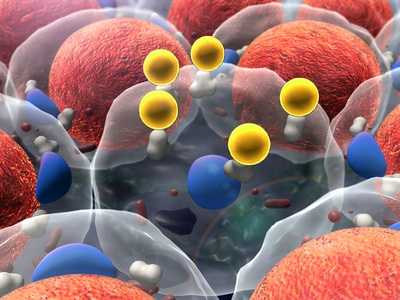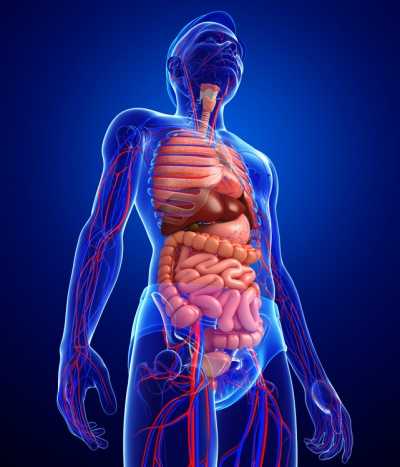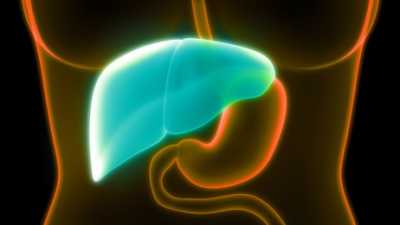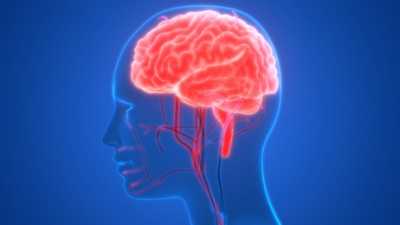
Cell metabolism
Of the Cell metabolism is the basis of all vital and biochemical processes in the body that take place inside and outside a cell. Everything that the body absorbs has to be processed and transformed, and finally broken down, in order to gain energy and to renew and build up the various body components, such as cell walls, nerve fibers, muscle fibers and bones. The body receives energy and building blocks through food intake.
Table of Contents
What is the cell metabolism?
The cell is the smallest building block of life. In nature, various organisms occur, including protozoa, which consist of only one cell, and multicellular cells, which have different cells. Man possesses more than two hundred different cell types. The study of these cells, including structure and behavior, is called cytology.
In each cell, plant, animal or human, various biochemical processes take place. In this case, substances are needed to gain energy or to ensure the smooth assembly and disassembly. The cell in an organism thus serves primarily to generate energy. There the whole metabolism takes place.
Only because of the cell metabolism can the organs work, bones grow, and the whole body stay alive. Breathing, osmosis and total digestion are also based on cell metabolism.
function & task
The body uses all of the vitamins, nutrients, trace elements, proteins, fats and minerals that are added to it, to gain energy and create it as reserves, which it can later use.
Necessary for every cell metabolism are enzymes and hormones, since the entire process is controlled by the hormone and nervous system. The processes of metabolism do not happen spontaneously, but are accelerated. This is done by enzymes. These catalyze chemical effects in the body and are therefore the figurative spark plugs, without which no metabolism can take place. They are protein molecules, whereby various organs also form and use different enzymes that have a specific effect on the organism, including the protein build-up of the skin and bones, help with digestion or detoxification of the body. In order to regulate the activity of the enzymes, the hormones are needed.
Since environmental factors also play a role and influence on the metabolism, including, for. B the temperature, the most important organ for metabolism is the liver. The blood circulation is used to distribute the nutrients to the cells. In order to maintain bodily functions, the body needs energy by ingesting food. The energy content is measured in calories, energy gained through oxidation of the food.
In addition, it is often spoken of an anabolic and catabolic metabolism. Both are phases and reactions during the metabolic process. With anabolism is meant the construction of substances from simple building blocks, with catabolism the structure of the metabolic products and their transformation from complex into simple substances, in order to be able to gain and provide energy. The nutrients stored in different areas are broken down into their components, broken down and consumed. The body thus gains its energy.
The entire cell metabolism is divided into four different processes, which are named after the processed substances. The carbohydrate metabolism ensures that when digesting carbohydrates from the diet in sugar, eg. As glucose, are converted and divided. These pass through the bloodstream into the cells in which the process of cell metabolism takes place. Simple sugar is used to generate energy, is converted in the muscles and liver into new starch molecules and stored there.
In addition, there is the amino acid and protein metabolism. In order to build up muscle cells, hormones or enzymes, it requires amino acids, which are produced during the digestion of protein and transported via the bloodstream into the respective cells.
In turn, fat is used to generate energy from the cells and is an energy store. In this way, hormones and messengers are formed, which the body preserves for “worse times”. The fat metabolism is responsible for this. Equally important is the mineral metabolism. It serves to build up the bones and for the muscle work for which the body minerals such. As calcium and phosphorus needs.
Cell metabolism plays an important role in the weight of the body. In order to ensure the smooth functioning of the body, humans use different amounts of energy. Here we talk about a basal metabolism, which represents the energy consumption at rest. This is genetic and varies from person to person. He can not be cranked, alone the energy metabolism and consumption can be increased by, for example, movement.
Here you will find your medication
Diseases & complaints
In general, a metabolic disorder occurs when the nutrients can not be properly utilized by the body, so the substance does not reach where it is needed. This causes various diseases, including diabetes.
Related Posts
-

Biochemical interactions in the body – function, task & diseases
Biochemical interactions in the body The biochemical interactions in the organism represent the basis of life. Basically, this process takes place in the…
-

Sugar metabolism – function, task & diseases
Sugar metabolism Sugar metabolism is the synonymous name for Carbohydrate metabolism . It covers all processes for the absorption, conversion, synthesis…
-

Bayliss effect – function, task & diseases
Bayliss effect Of the Bayliss effect Keeps the blood flow to organs such as the brain and kidneys constant despite daily fluctuations in blood pressure….
-

Integration – function, task & diseases
integration The integration is a sub-step of perception processing and gives people a meaningful picture of their environment . Sensory integration…
